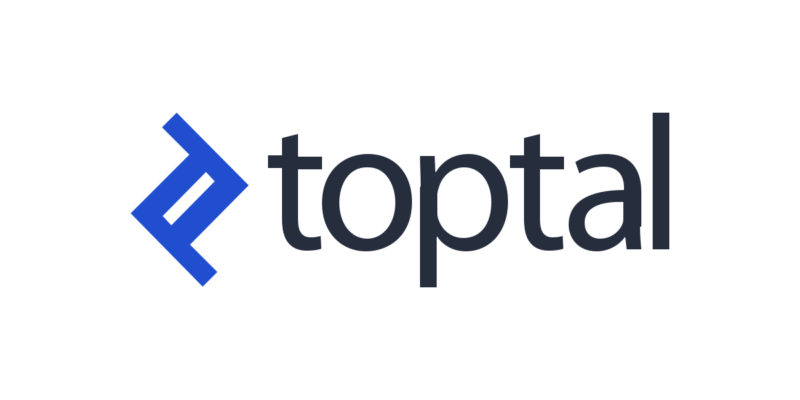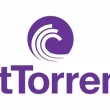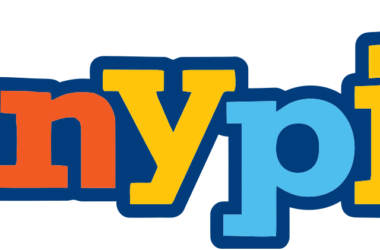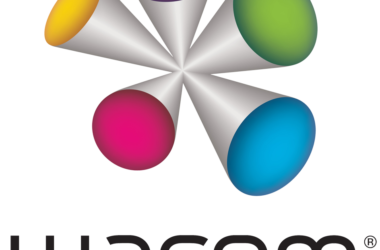When it comes to finding top-notch talent for your projects, Toptal has been a go-to platform for many. Its robust features, seamless integration, and a vast pool of skilled professionals have made it a popular choice in the freelancing and outsourcing landscape. However, as with any platform, Toptal comes with its set of limitations, prompting businesses and individuals to explore alternatives. In this article, we’ll dive into the features that make Toptal stand out, its limitations, and the reasons why one might seek a Toptal alternative.
Features And Limitations of Toptal

Toptal’s dynamic features, such as its elite talent pool and flexible hiring models, empower businesses. However, the platform’s premium pricing and complexity for smaller projects pose challenges, demanding careful consideration for businesses seeking the right balance between top-tier talent and project scalability
Key Features:
- Elite Talent Pool: Toptal boasts an extensive network of top-tier professionals, ensuring access to a diverse range of skilled individuals in various fields.
- Rigorous Vetting Process: Toptal’s stringent screening process guarantees that only the best talent makes it to their platform. This includes thorough assessments of technical skills, communication abilities, and problem-solving aptitude.
- Flexible Hiring Models: Clients can choose from different engagement models, allowing for flexibility in terms of project duration, team size, and collaboration methods.
- Project Management Tools: Toptal provides robust project management tools, streamlining communication and workflow between clients and freelancers, ensuring transparency and efficiency.
- Global Reach: With a global network, Toptal facilitates collaboration across time zones, enabling clients to tap into talent from around the world.
Limitations:
- Premium Pricing: The high-quality talent on Toptal comes at a premium cost, making it less budget-friendly for smaller businesses or projects with tight financial constraints.
- Complexity for Small Projects: Toptal may be better suited for larger, ongoing projects, and the platform’s rigorous hiring process might be overly complex for smaller, short-term assignments.
- Dependence on Platform: Clients are reliant on Toptal’s platform for communication and project management, which may limit the autonomy some businesses prefer.
- Limited Pool for Niche Skills: While Toptal covers a broad range of skills, finding highly specialized or niche expertise can be more challenging compared to industry-specific platforms.
- Refund Policy Challenges: Some users have reported challenges in the refund process, with a perceived lack of clarity in certain situations, leading to potential frustrations.
What Sets Toptal Apart
Toptal’s commitment to quality and the thorough vetting process make it a standout platform. The platform’s hands-on approach in matching clients with freelancers who not only possess the required skills but also fit seamlessly into the client’s work culture is a unique aspect that sets Toptal apart from other freelancing platforms.
The Need for Toptal Alternatives
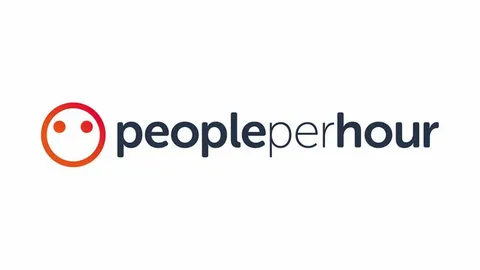
Recognizing the evolving landscape of talent acquisition and project dynamics, businesses are increasingly feeling the imperative to explore Toptal alternatives.
1. Diversifying Talent Options
In the ever-evolving landscape of business needs, the imperative to diversify talent options arises as a key consideration. While Toptal boasts an elite talent pool, the specific skill sets required for certain projects may extend beyond its offerings. Exploring toptal alternative becomes essential to tap into a broader spectrum of expertise, ensuring that businesses have access to the specialized skills crucial for the success of their endeavors. By diversifying talent options, companies can enhance their capabilities and address niche requirements that may not align seamlessly with Toptal’s specific focus.
2. Budgetary Considerations
Navigating the delicate balance between quality and budget, businesses often find themselves constrained by the premium pricing structure of platforms like Toptal. The need for cost-effective solutions prompts the exploration of toptal alternative that provide a more flexible financial landscape. Companies seek platforms that offer a range of pricing options, accommodating different budget constraints without compromising on the skill and proficiency of the freelancers or agencies they engage. By considering budgetary constraints, businesses can find toptal alternative that align more closely with their financial parameters while still meeting their project requirements.
3. Adaptability to Project Scale
Projects come in all shapes and sizes, and the scalability of a platform is a critical factor in selecting the right fit. While Toptal excels in handling larger, ongoing projects, its complexity may be perceived as a hindrance for smaller, short-term assignments. Businesses, therefore, look for toptal alternative that exhibit a seamless adaptability to project scale. Whether it’s a comprehensive, long-term project or a smaller task with a quick turnaround, the need for toptal alternative that can cater to diverse project sizes becomes evident. Finding a platform that aligns with the specific scale and complexity of the project at hand ensures optimal efficiency and resource utilization.
4. Overcoming Platform Limitations
Toptal, like any platform, comes with its unique set of limitations. Some businesses may find its structure and processes less accommodating for certain project requirements. Overcoming these platform-specific limitations necessitates a search for toptal alternative that offer a more tailored fit. Whether it’s the need for a different communication workflow, a more straightforward onboarding process, or a specific feature set that Toptal may lack, businesses explore alternatives to ensure a seamless and customized experience. By identifying and addressing these limitations head-on, companies can optimize their choice of freelancing platforms for a more effective and streamlined project execution.
Commonly Used Toptal Alternatives

In exploring commonly used Toptal alternatives, businesses can leverage a variety of platforms tailored to their specific project requirements, budget constraints, and desired collaboration dynamics
1. Upwork
Upwork stands as a versatile toptal alternative, connecting businesses with freelancers across diverse domains. Boasting a vast talent pool, Upwork caters to a spectrum of skills, including writing, design, programming, and marketing. Its user-friendly interface ensures seamless navigation, offering clients the flexibility to find freelancers at various price points, making it an attractive option for projects of different scales. The platform’s built-in communication tools facilitate collaboration, and its escrow payment system adds an extra layer of security. However, due to its open nature, careful vetting is essential to ensure consistent quality, and businesses may need to invest time in finding the right match for their specific needs.
2. Freelancer
Freelancer is a global platform that bridges businesses with freelancers worldwide. Encompassing a broad range of categories, Freelancer allows businesses to find talent for almost any type of project. Its competitive pricing model, facilitated through a bidding system, enables clients to stay within budget constraints. The platform’s escrow system ensures secure payments, releasing funds only upon project completion, providing a level of financial assurance. Despite its advantages, users must navigate through varying quality levels, emphasizing the importance of diligent freelancer selection and project management for successful outcomes.
3. Fiverr
Fiverr’s uniqueness lies in its focus on offering freelance services at various price points, often starting at $5. With service packages defined upfront, clients have transparency in choosing predefined offerings that align with their needs. The platform’s quick turnaround, attributed to many freelancers delivering services rapidly, makes it suitable for time-sensitive projects. Fiverr’s straightforward pricing model provides clarity on costs, but the predefined service packages might limit customization options for more complex projects. Businesses benefit from a marketplace that values efficiency and simplicity, especially for smaller, well-defined tasks.
4. Guru
Guru provides an toptal alternative with an emphasis on flexibility in project management and payment terms. The workroom collaboration feature facilitates communication and collaboration between clients and freelancers, fostering a streamlined workflow. Clients can opt for hourly, task-based, or recurring payment structures, showcasing adaptability to different project needs. The platform’s skill-specific searches allow for precise talent discovery, aiding in finding niche expertise. However, users may encounter a learning curve in navigating Guru’s interface and optimizing its features, requiring an initial investment in mastering the platform for long-term efficiency.
5. PeoplePerHour
PeoplePerHour focuses on connecting businesses with freelancers specializing in various creative and business services. Hourlies, predefined hourly packages, provide transparency and simplicity in service offerings, making it easy for clients to understand costs upfront. Verified freelancers add an extra layer of trust in the hiring process, and project monitoring tools enable clients to track progress and communicate effectively. Despite these advantages, PeoplePerHour’s talent pool may be more limited for certain skill sets compared to larger platforms, and businesses may need to carefully assess if the available expertise aligns with their project requirements.
6. 99designs
For businesses seeking design-specific talent, 99designs offers a specialized toptal alternative. It operates on a unique contest-based model, allowing clients to receive custom designs from multiple freelancers and choose the one that best fits their vision. This competitive approach ensures a diverse range of design options, but businesses should be aware that the process may not be suitable for projects requiring immediate collaboration. 99designs provides a platform where creativity flourishes through competition, giving clients a variety of design perspectives to choose from.
7. Toptal vs. Codementor
Codementor emerges as a focused toptal alternative for businesses seeking expertise in coding and programming. With a mentorship-based approach, clients can find experienced developers for one-on-one guidance and problem-solving. This format allows for personalized learning but may not be ideal for large-scale project collaborations. Codementor’s strength lies in its ability to connect businesses with coding experts who can provide targeted assistance and guidance, making it a valuable resource for skill enhancement and specific problem-solving scenarios.
8. DesignCrowd
DesignCrowd caters to design-centric projects by providing an toptal alternative that crowdsources creative solutions. Clients can post design briefs, and a global community of designers submits their work, fostering a collaborative and diverse approach to design projects. While this approach ensures a diverse range of design options, the quality may vary, requiring careful selection. DesignCrowd’s strength lies in harnessing the creativity of a global community, providing businesses with a multitude of design concepts to choose from, but clients should be prepared to invest time in the selection process.
9. Catalant
Catalant offers a unique toptal alternative by connecting businesses with on-demand consultants and experts. Specializing in strategy and business projects, Catalant provides access to a curated network of professionals with specific business expertise. However, the platform’s focus on specific business areas may limit its suitability for broader project needs. Catalant serves as a valuable resource for businesses in need of strategic guidance and specialized expertise, facilitating on-demand access to professionals with a deep understanding of specific industries and business challenges.
10. TopCoder
TopCoder distinguishes itself as a competitive programming and crowdsourcing platform, making it an alternative for businesses in need of software development and algorithmic solutions. With a global community of developers, TopCoder facilitates diverse skill sets, providing businesses with access to a vast pool of technical expertise. However, businesses should be aware that TopCoder may be more tailored to technical projects, and collaboration dynamics may differ from traditional freelance platforms. TopCoder’s strength lies in its ability to crowdsource solutions to complex technical challenges, making it a go-to platform for businesses seeking innovative and algorithmic solutions.
Factors To Consider While Choosing The Perfect Toptal Alternative
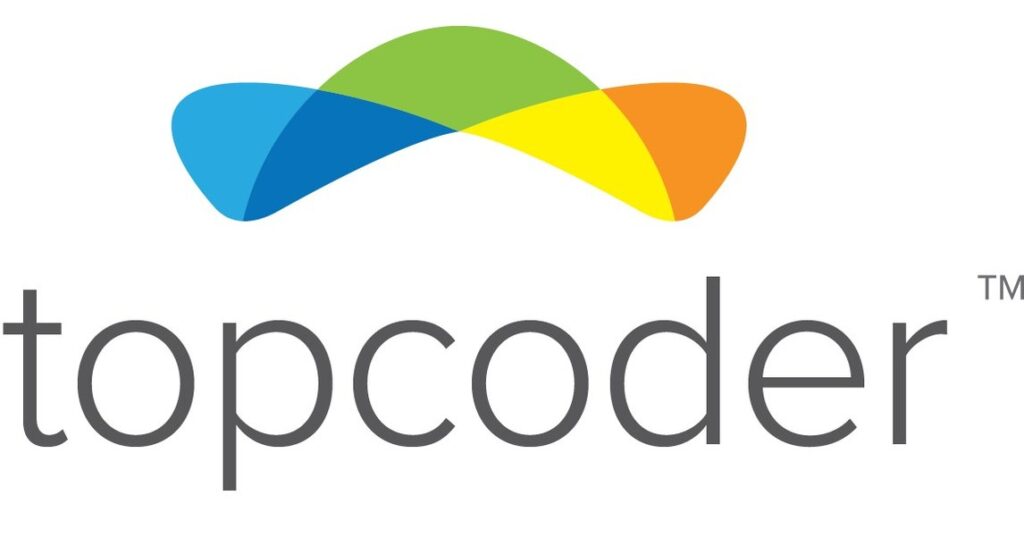
1. Skill Match
As businesses embark on the quest for the ideal Toptal alternative, assessing the alignment of available skills with their project requirements becomes paramount. The first factor to consider is the specificity and relevance of skills offered by each alternative platform. Scrutinizing the skill sets of freelancers or professionals available on these platforms ensures that businesses find not just talent but the right expertise tailored to their unique project needs. Careful consideration in this regard ensures that the selected alternative doesn’t just meet the project’s basic requirements but also brings a nuanced understanding of the specific skill sets crucial for its success.
2. Budget Constraints
While the pursuit of quality talent is essential, businesses must navigate within the confines of budgetary constraints. Determining a clear budget upfront is crucial in the selection process of a Toptal alternative. Each platform has its pricing structure and fee models, ranging from hourly rates to project-based fees. Evaluating these cost structures and aligning them with the project’s financial plan allows businesses to strike a balance between quality and financial viability. It ensures that the chosen alternative not only fulfills project requirements but does so in a manner that is economically sustainable for the business.
3. Project Complexity
Project scale and complexity play a pivotal role in determining the right Toptal alternative. Different platforms cater to various project sizes, ranging from small, quick tasks to large, complex endeavors. Businesses must carefully assess their project’s intricacies, duration, and overall complexity before settling on an alternative. Some platforms may be more adept at handling long-term, ongoing projects, while others excel in quick-turnaround, smaller assignments. Matching the platform’s strengths with the project’s unique demands ensures a harmonious fit and successful project execution.
4. Communication Preferences
Effective communication is the cornerstone of successful collaborations, making it a critical factor in the selection of a Toptal alternative. The platforms differ in their communication tools, ranging from integrated messaging systems to video conferencing options. Businesses need to evaluate these communication features, ensuring they align with their preferred workflow. Seamless communication fosters efficient project management and minimizes misunderstandings. By considering these communication preferences, businesses can select an alternative that not only matches their project needs but also enhances collaboration and transparency.
5. Reviews and Ratings
In the digital age, user reviews and ratings serve as valuable insights into the performance and reliability of Toptal alternatives. Before making a decision, businesses should delve into the experiences of other users on each platform. Examining both positive and negative reviews provides a comprehensive understanding of the platform’s strengths and potential drawbacks. This firsthand feedback helps businesses gauge the reliability, professionalism, and overall satisfaction levels of freelancers or professionals available on the platform. Making decisions based on this user-driven information ensures a more informed and confident selection of the perfect Toptal alternative.
Conclusion
In the ever-expanding landscape of freelancing and project collaboration, the quest for the perfect Toptal alternative requires a nuanced approach. Each platform explored in this comprehensive guide offers a unique set of features and limitations, catering to diverse project needs, budgets, and communication preferences. By delving into the intricacies of these alternatives, businesses can make informed decisions, ensuring that the selected platform aligns seamlessly with their project requirements. Whether prioritizing specific skill sets, navigating within budgetary constraints, or seeking platforms tailored to project complexity, this guide serves as a compass for businesses in their pursuit of the right talent.
Through a careful evaluation of factors such as communication tools and user reviews, businesses can not only find alternatives but foster collaborations that elevate the success of their projects. Ultimately, the world of freelancing is dynamic, and with the right considerations, businesses can navigate it with confidence, embracing the perfect Toptal alternative for their unique ventures.




